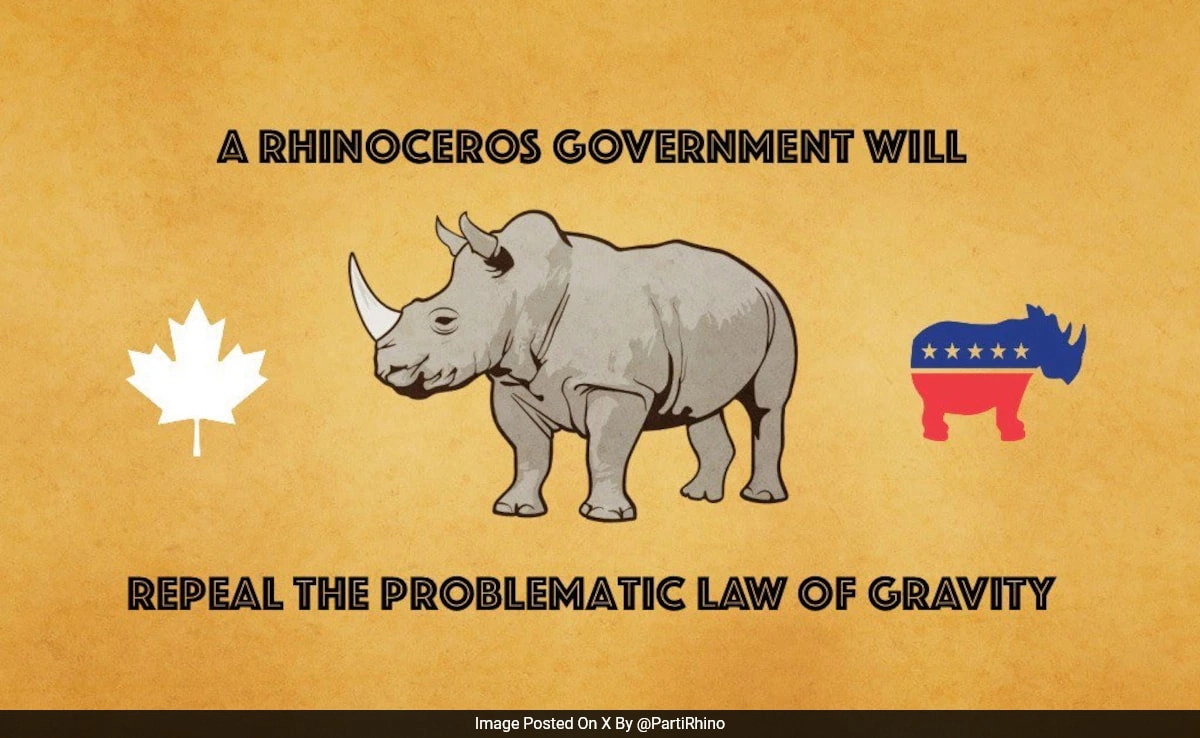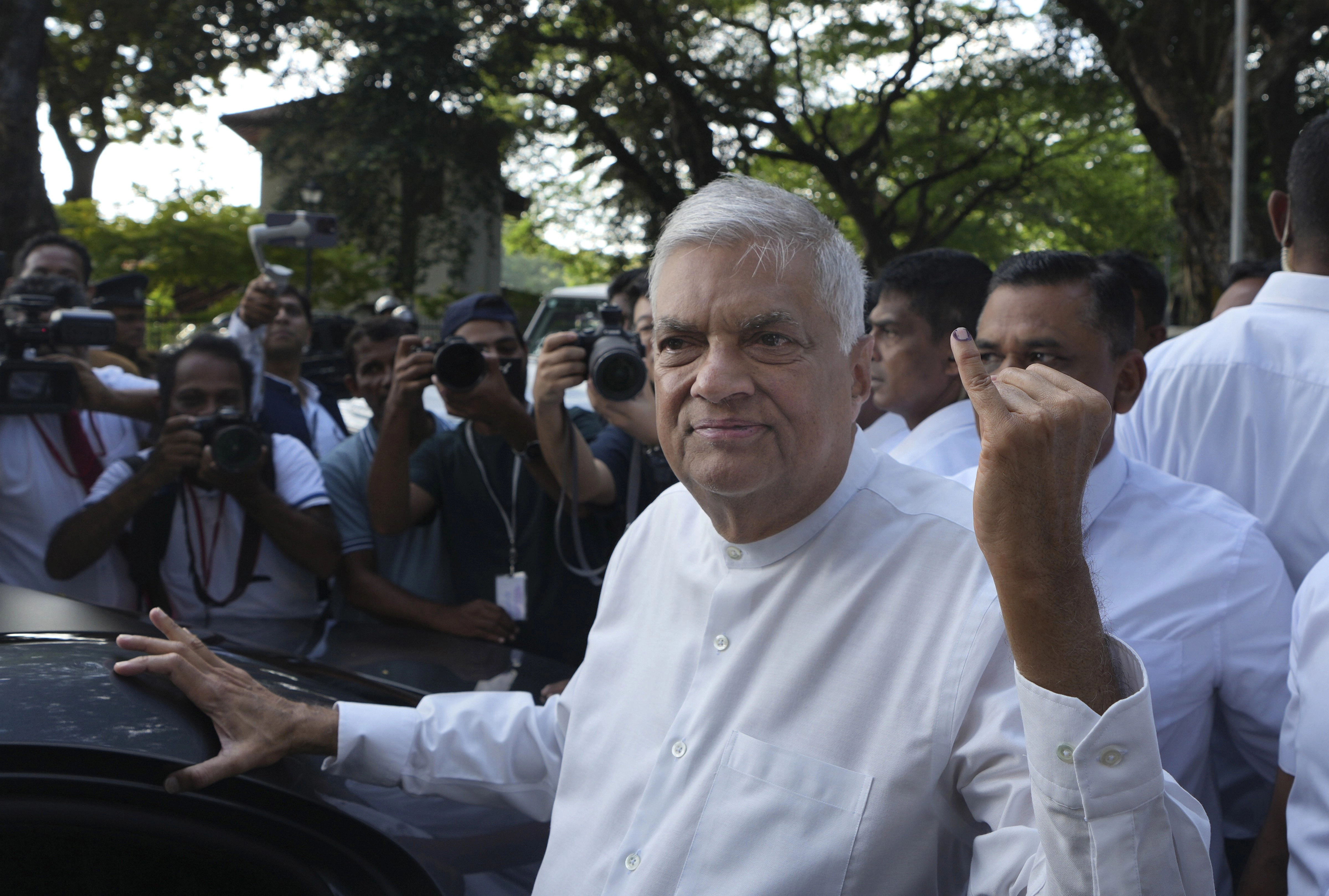In an unconventional twist on political campaigning, a peculiar Canadian party emerged with a bold manifesto that essentially pledged to keep none of their promises. This unusual approach captured the public’s attention, challenging the norms of traditional political rhetoric. The party, aptly named the “No Promises Party,” aimed to satirize the often unrealistic commitments made by mainstream political entities. Their slogan, “Expect Nothing,” resonated with a segment of the population disillusioned by the frequent failure of elected officials to deliver on their pledges. This party not only embraced the absurdity of politics but also encouraged voters to question the integrity of conventional political discourse.
The No Promises Party’s campaign was marked by a series of whimsical and tongue-in-cheek policies that highlighted the discrepancies often found within political platforms. For instance, one proposed initiative was to eliminate all taxes but simultaneously promise to fund extravagant public projects. Such contradictions were not mere oversights; rather, they were deliberate attempts to expose the gap between political promises and practical outcomes. The party’s rallies featured humorous speeches and performances that poked fun at the political establishment, drawing in crowds eager for a break from the usual political monotony. By reframing the conversation around political accountability, they sought to promote a culture of skepticism towards political promises.
Moreover, the party’s unique stance attracted a diverse following, from apathetic voters to those seeking a more profound critique of the political status quo. Supporters appreciated the No Promises Party’s candid acknowledgment of the inherent flaws in political systems, as well as their ability to engage audiences in discussions about what genuine accountability should look like. Ironically, by rejecting the traditional promise-making framework, the party sparked conversations about trust and transparency in politics, encouraging citizens to demand more from their leaders while embracing a realistic perspective on political feasibility.
In a landscape often characterized by hyperbole and grandstanding, the No Promises Party’s approach provided a refreshing, albeit bizarre, alternative. They transformed the act of campaigning into a satirical performance art, prompting a reevaluation of what voters should expect from their representatives. This novel approach demonstrated that humor and satire could serve as powerful tools in political discourse, inviting people to think critically about the promises made by those in power. Ultimately, the No Promises Party, while unconventional, highlighted the importance of accountability in politics and challenged citizens to engage more thoughtfully with the electoral process.




